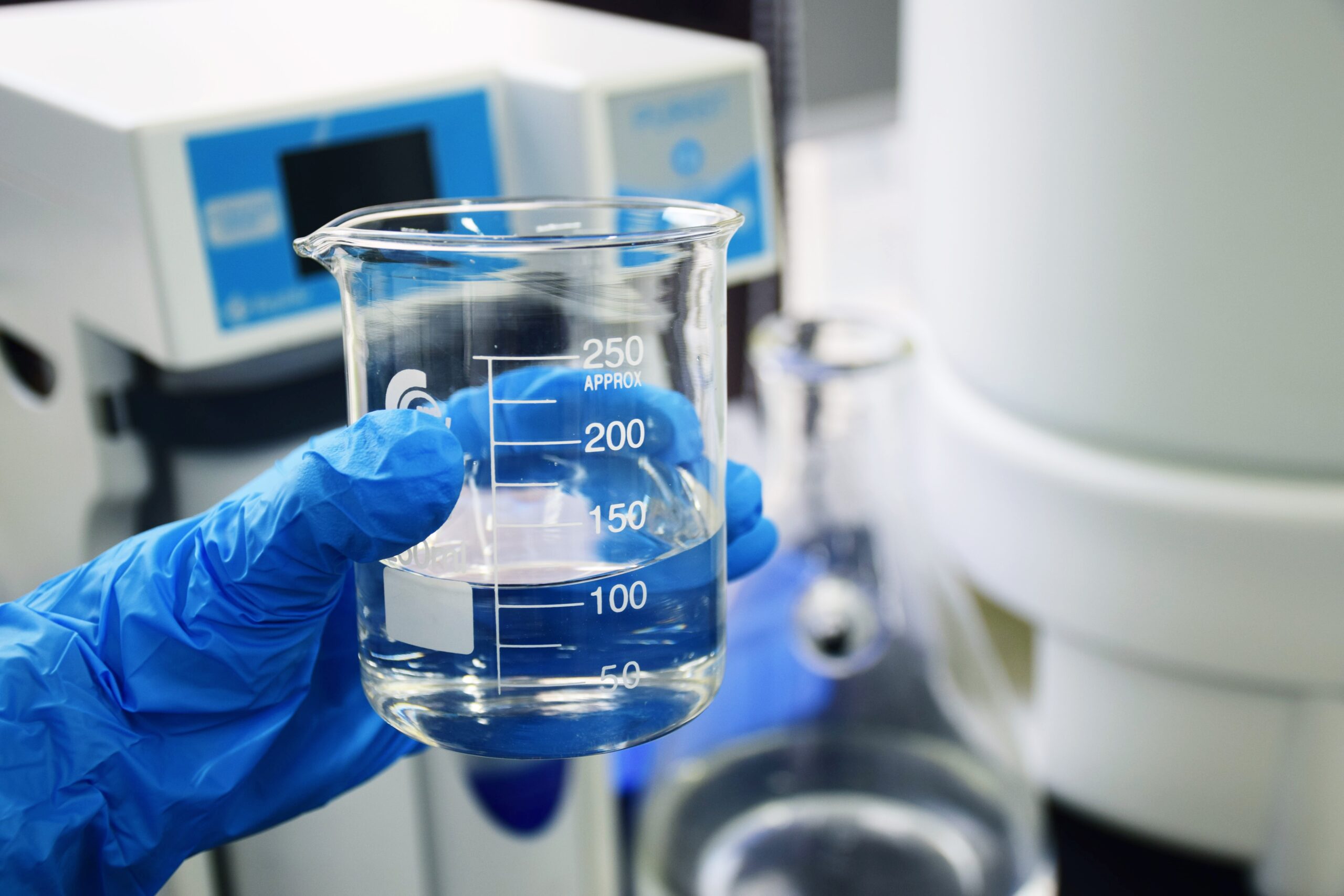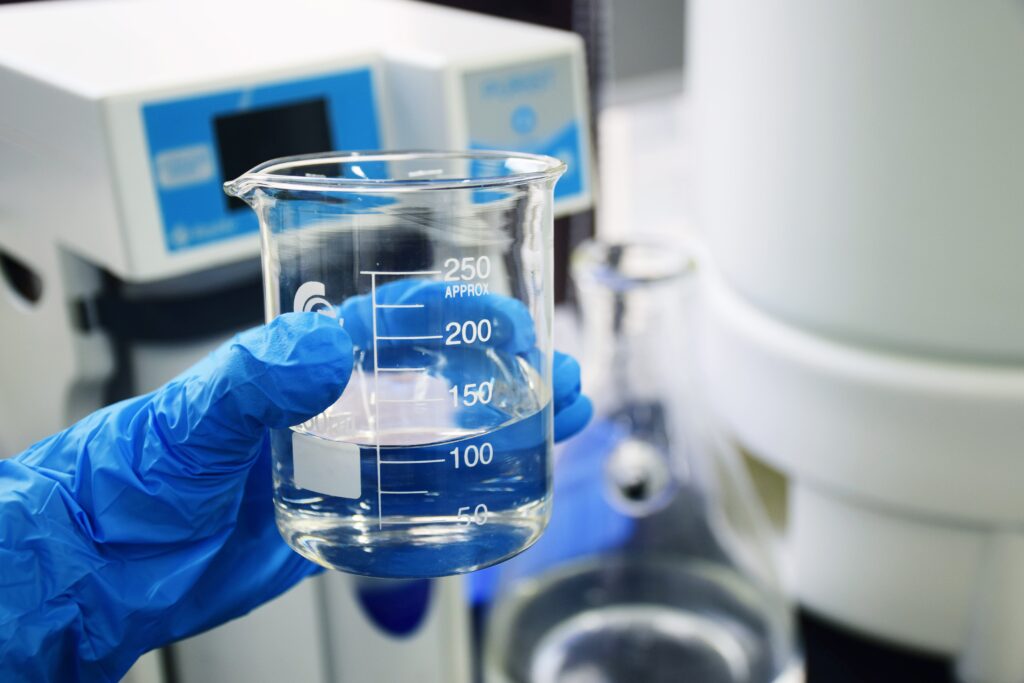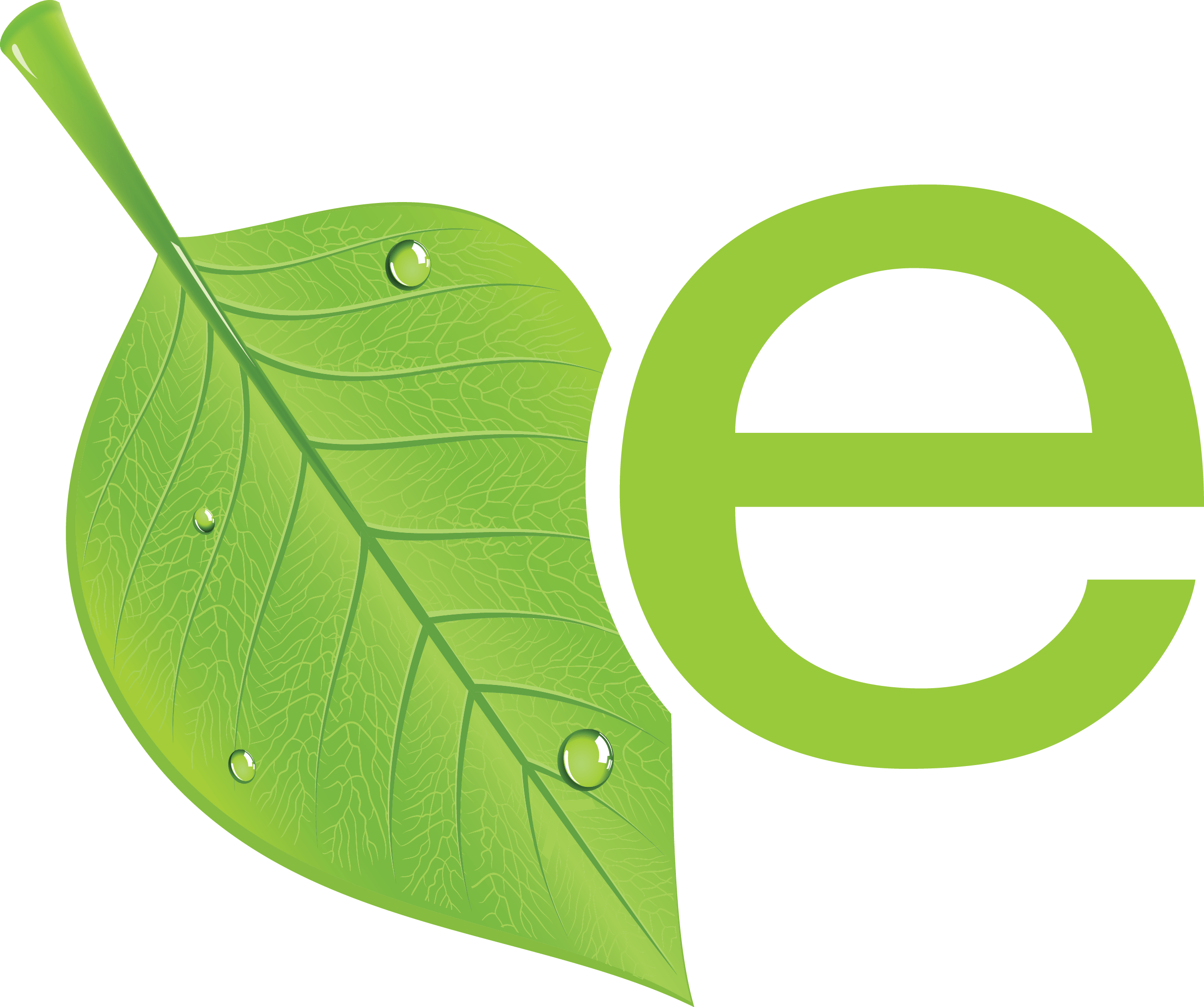
For decades, NSF/ANSI 61 recommendations have set the industry standards for all products that may impact water quality, particularly when that water may be part of a drinking water system. NSF/ANSI 61 is a published set of standards used in the United States to set the baseline for safe products that come into contact with potable water supplies. When working with applications for consumers or industrial applications, it’s important for components to meet or exceed these standards. At ecoFINISH®, we produce coatings that are designed to extend the usable life of various submerged surfaces, from in-ground pools to aquariums.

NSF/ANSI 61 Certified
Because this set of standards governs drinking water, it has a wide variety of restrictions on potential contaminants. For example, “lead-free” water systems must have plumbing surfaces and fittings that have an average lead content of no more than 0.25%. While our products were originally designed as pool coatings, and most are NSF/ANSI 61 certified, the applications extend beyond simply sealing concrete for use as a public or private swimming area. Coatings may also be available for industrial uses, such as oil tanks or warehouse floors, where the addition of non-skid and/or slip resistance may be priorities. Our ecoDUSTRIAL line allows installers to customize the finished surface with a variety of additives, creating a purpose-built coating.
Contractors that focus on the consumer market may need to meet NSF/ANSI 61 standards for swimming pool installations that intersect with municipal water systems. Our swimming pool surface products include options for both concrete and fiberglass pools.
The Difference Between Compliant and Certified
Compliance is not a term recognized by NSF. When a product is billed at NSF/ANSI 61 compliant, that is a claim by the business selling the product. It is not an indication that the product has undergone any testing or vetting to ensure it meets the minimum standards. Certification is offered by the NSF and involves a rigorous testing process completed by a third-party company. During this process they review the product formulation, toxicology, the use information, and lead content. Testing includes an audit of the manufacturing plant and sample collection that is performed randomly. To maintain certification, manufacturers must allow random sample collection throughout the year.
